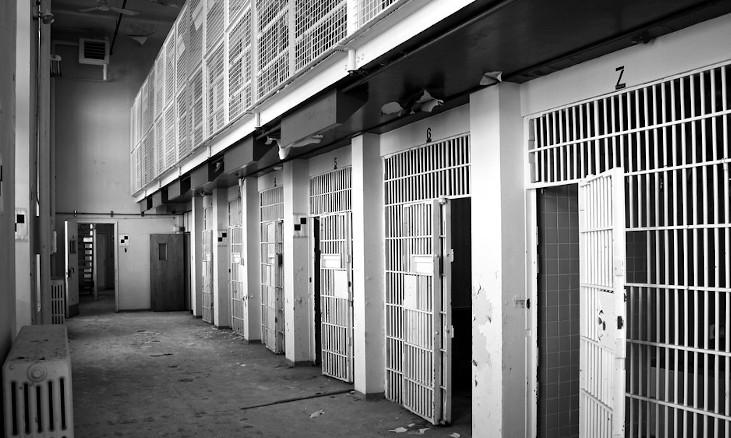
(Above) The now closed P4W (Prison for Women) in Kingston, Ontario.
Originally published at Kersplebedeb
Ann Hansen was imprisoned in 1983 for her involvement in the urban guerilla group Direct Action. She is the author of Direct Action: Memoirs of an Urban Guerilla and Taking the Rap: Women Doing Time for Society’s Crimes. She wrote the introduction for Margrit Schiller’s Remembering the Armed Struggle: My Time with the Red Army Faction. This interview was conducted in the summer of 2021.
How would you like to introduce yourself?
I am a 67 year old white cis gender female anarchist on parole for life after being convicted of a number of actions in 1984 along with some members of the urban guerrilla group, Direct Action. Since being released from prison, I have been living for almost 25 years now on a small farm that I own near Odessa just west of Kingston, Ontario. I am active with the Prison for Women (P4W) Memorial Collective which has been fighting for a Memorial Garden at the site of the now closed Prison for Women, and a Gallery where the women’s art and writing can be seen in order to give some context to their lives and deaths.We also agitate to improve prison and parole conditions as a harm reduction tactic in order to alleviate some of the suffering, but always within the context of the abolition of prisons and capitalism as the goal, the light that guides us through the darkness
I should also add that my parole conditions have a direct impact on my political activism. In 2012, my parole was suspended for allegedly not telling my parole officer about a Prisoners Justice Day (PJD) film I screened at the Kingston public library in conjunction with a lawyer who outlined our civil rights in the context of large civil disobedience actions. My parole was reinstated by the Parole Board but only after adding this new parole condition in which I must “notify” my parole officer about any political activity in which I am engaged, such as attending events, public speaking, writing, etc. Even though the word is “notify” as opposed to “approve,” they could revoke me for anything. This seems shocking to activists, but any prisoner who has been on parole knows that you can be revoked for anything, anytime. It is very common to be suspended for obscure things like “deteriorating behavior” or “having a bad attitude,” especially if you are not a politicized prisoner. Politicized prisoners usually have some community support and a radical lawyer, so parole suspensions are more likely in the public eye and thus parole officers and the Parole Board are more accountable. “Social prisoners” on the other hand are usually invisible and are less likely to have legal representation so parole officers feel less constrained in terms of suspending them for ridiculous reasons. Continue reading “Harm Reduction Guided by the Goal of the Abolition of Prisons and Capitalism: An interview with former Direct Action member and ex-prisoner Ann Hansen”
